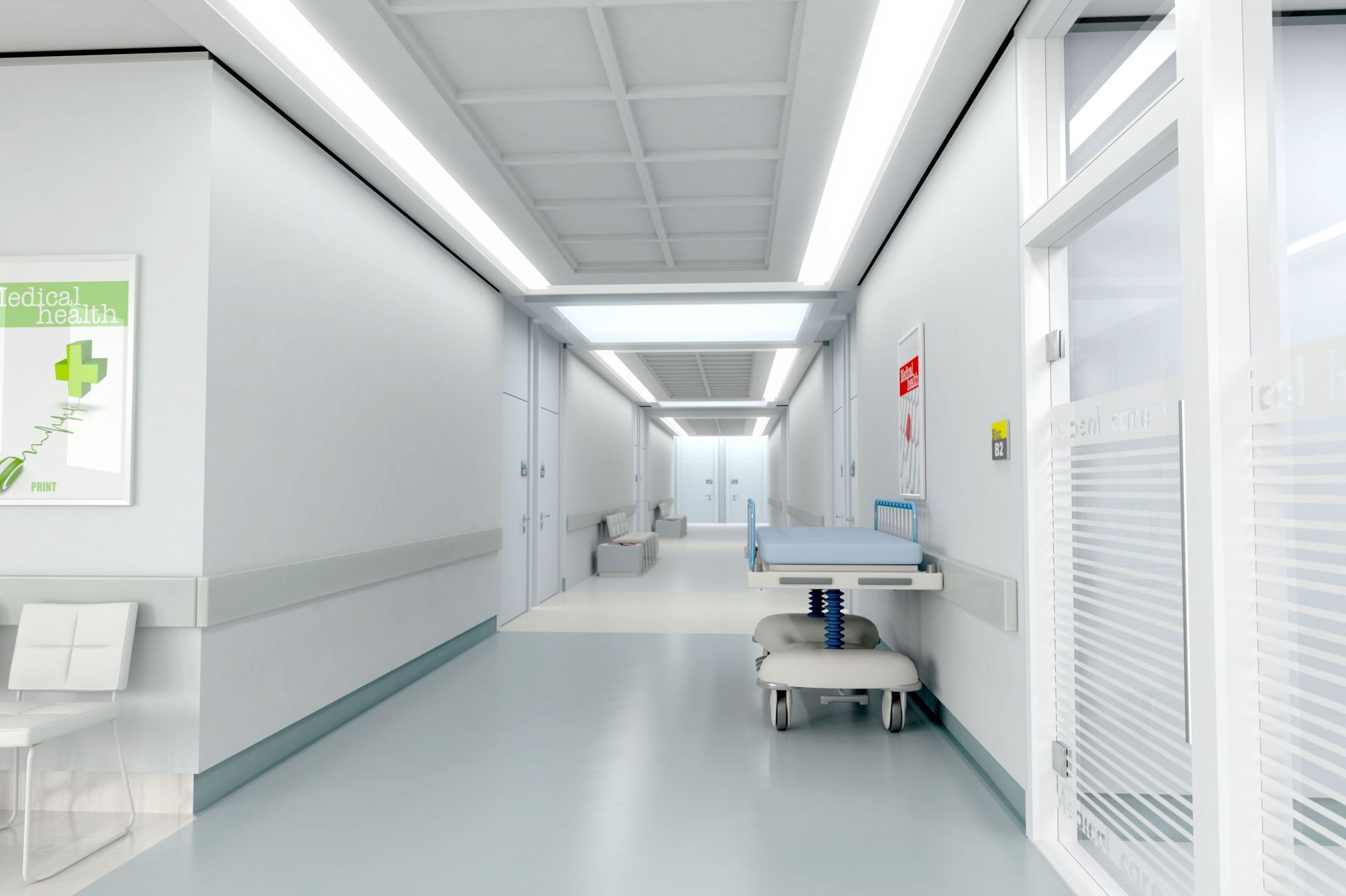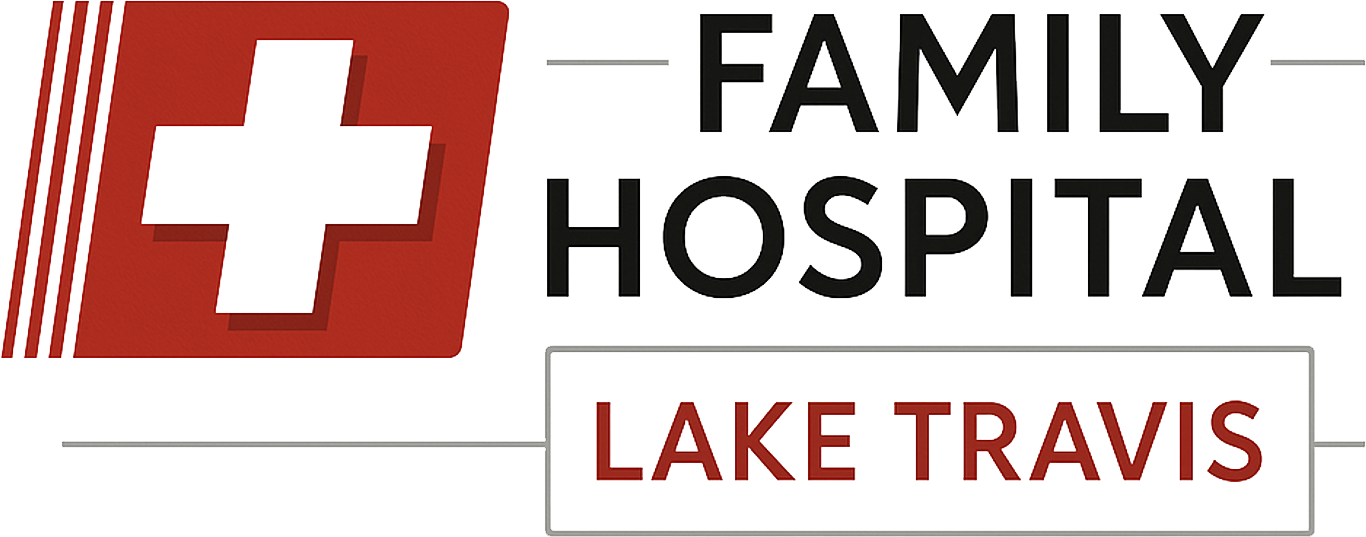What Should You Expect at the Emergency Room?
Visiting the emergency room can be a daunting experience, whether it's for yourself or a loved one. Emergency rooms are often busy hubs, filled with patients presenting a wide range of ailments. Understanding what to expect during a visit can help alleviate some stress and prepare you for the process ahead. From triage to treatment, ER visits are designed to address urgent medical concerns promptly.
Triage Assessment
The first step upon arrival at the ER is triage, a process where medical staff assess how severe your condition is. This determines how quickly you receive treatment. Not all ailments can be treated on a first-come, first-served basis, as prioritizing patients with life-threatening or more severe conditions is crucial. This means that even if you arrive before others, those with more critical needs might be seen first.
Diagnostic Testing and Treatment
Once triage is completed, the next phase involves diagnostics and initial treatment. Depending on your symptoms, this could include tests like X-rays, blood work, or other necessary diagnostics. According to the CDC, over 18 million emergency department visits lead to hospital admissions each year. This statistic underscores the importance of prompt and accurate diagnosis, as a significant proportion of ER visitors require further medical intervention.
Wait Times and Patient Flow
Another important aspect of an ER visit is the potential wait time. Emergency rooms are unpredictable environments with varying patient influx. Staff must accommodate both the number of patients and the complexity of their needs. While staff work diligently to provide care as quickly as possible, it's common for patients to experience at least some wait time. Patience and understanding can go a long way in these situations, as medical professionals work to treat each case thoroughly.
An emergency room visit is a critical component of healthcare designed to address urgent medical issues efficiently. By understanding the triage process, the importance of diagnostics, and anticipating potential wait times, patients can better prepare for their visits. Ultimately, knowing what to expect can help ease the anxiety that often accompanies emergency medical situations. If you or a loved one needs urgent medical care, Family Hospital at Lake Travis is here to provide timely and compassionate support. Reach out anytime for guidance or assistance during emergency situations.





Share On: